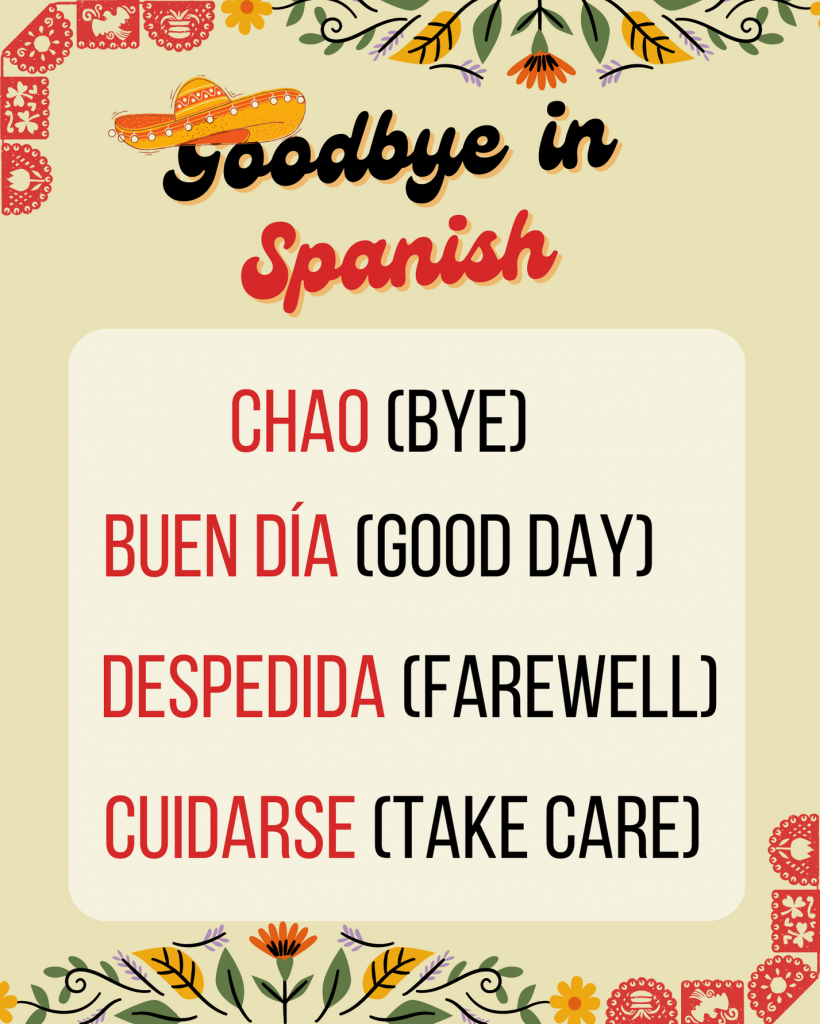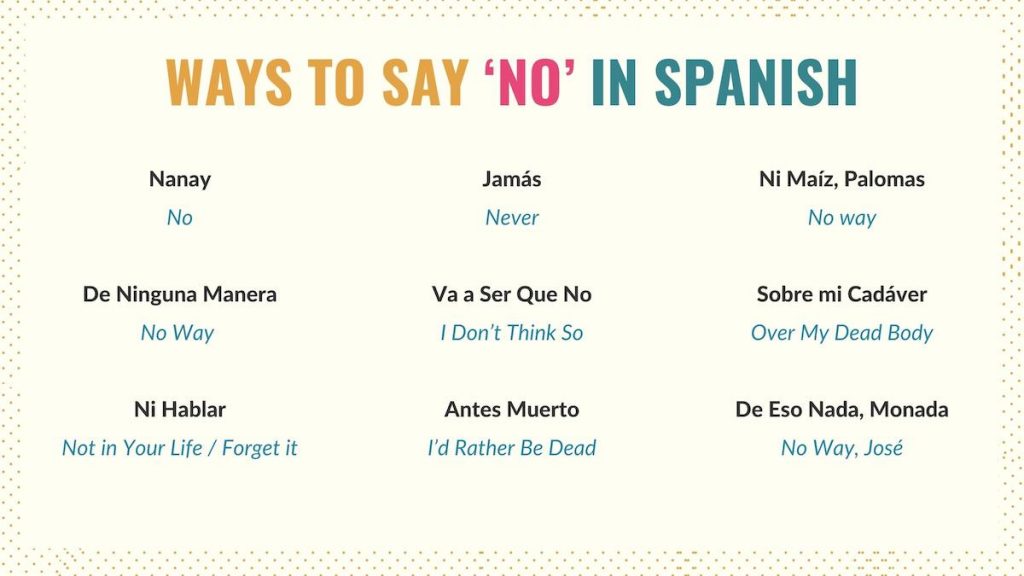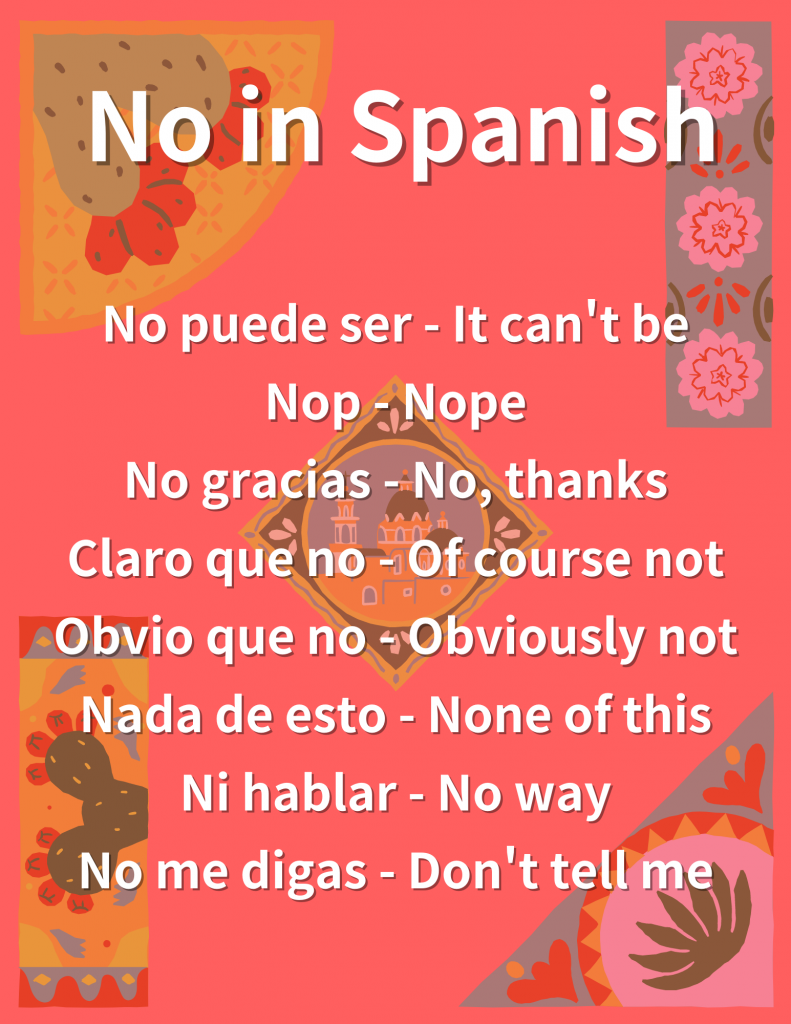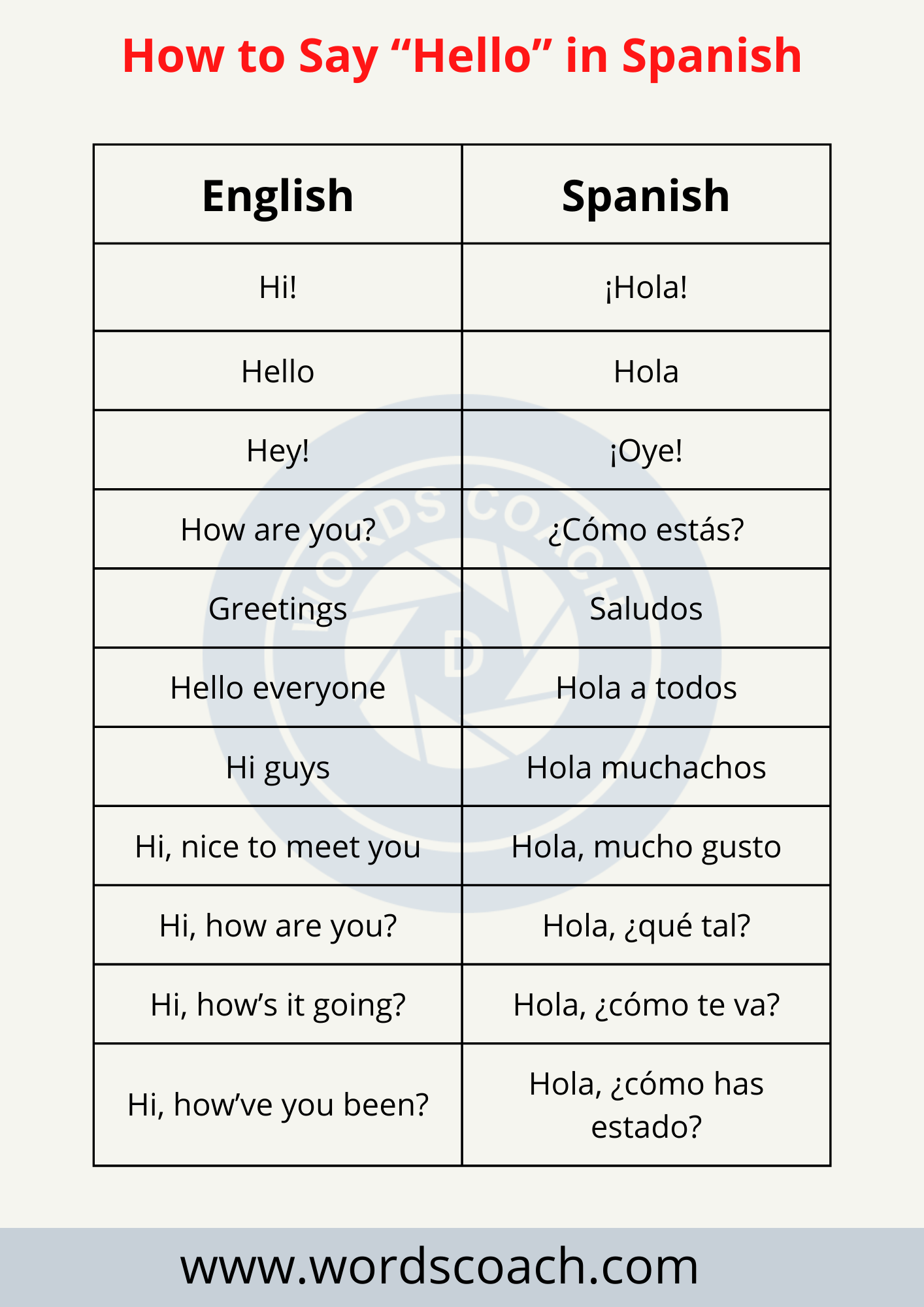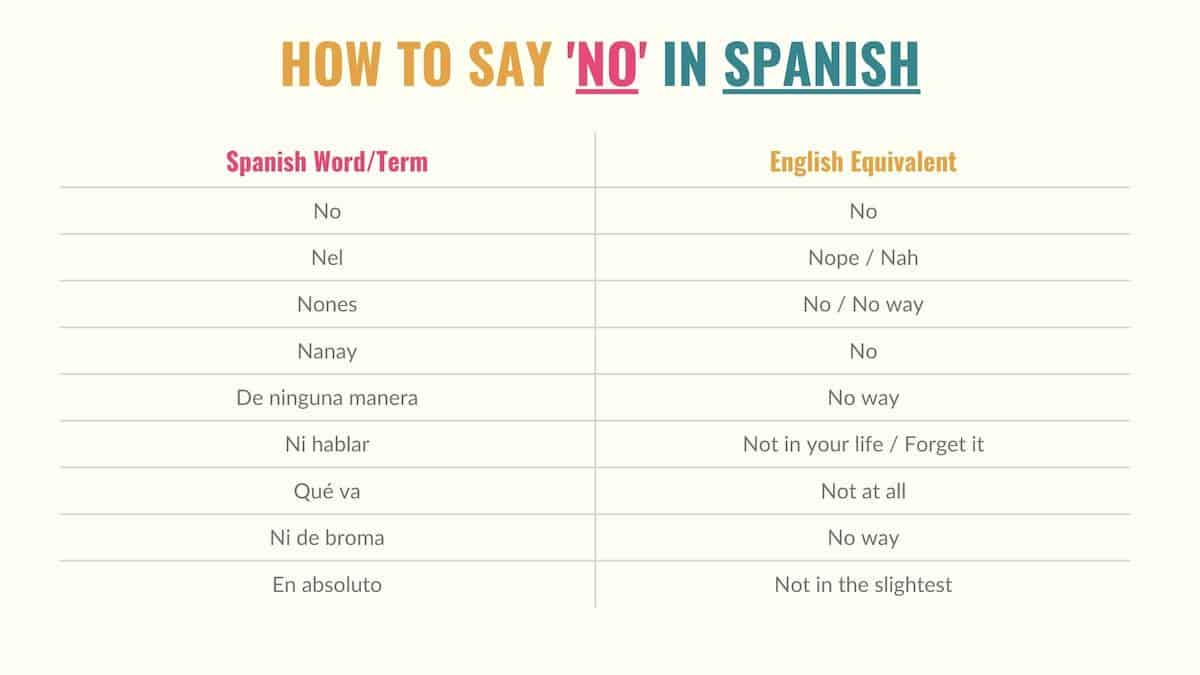How To Say Burden In Spanish

Imagine yourself standing on a sun-drenched plaza in Seville, the scent of orange blossoms heavy in the air. You're trying to express a feeling, a weight you carry – a burden. But the Spanish words dance just out of reach. You search for the perfect phrase, the one that truly captures the essence of what you feel.
This article serves as your linguistic compass, guiding you through the nuances of expressing "burden" in Spanish. We'll explore various translations, their subtle differences, and the contexts in which they resonate most strongly. Understanding these options empowers you to communicate with greater precision and empathy.
The Core Translations
The most direct and commonly used translation for "burden" in Spanish is carga. This word literally means "load" or "weight" and can be used both physically and figuratively.
Another common option is peso, which also translates directly to "weight." Like carga, peso can be used in both concrete and abstract senses. For example, “el peso de la responsabilidad” translates to “the weight of responsibility.”
Beyond these core translations, the Spanish language offers a richer palette of words to convey the feeling of a burden, each with its own subtle shade of meaning.
Exploring Nuances and Contexts
The choice between carga and peso, or other alternatives, depends heavily on the specific context. Consider, for instance, the difference between a physical burden and an emotional one.
For a physical burden, such as carrying heavy packages, carga might be more appropriate. You could say, "Tengo una carga muy pesada" (I have a very heavy load).
However, when referring to emotional burdens like guilt or stress, peso could be a more fitting choice. A sentence like, "Siento el peso de la culpa" (I feel the weight of guilt) illustrates this usage.
Agobio is another compelling option when describing something oppressive or overwhelming. It conveys a feeling of being suffocated or burdened to the point of distress. For example, "Siento un agobio terrible" (I feel a terrible sense of overwhelm).
Lastre, while less common, signifies a hindering burden, something that slows you down or holds you back. This word has the connotation of something dragging, making progress difficult. Using lastre can add a dramatic flair to your expressions.
Expressing "Burden" as a Verb
The concept of "burdening" someone can also be expressed in Spanish, using verbs like cargar, agobiar, and sobrecargar.
Cargar, as the verb form of carga, means "to load" or "to burden." For example, "No quiero cargarte con mis problemas" (I don't want to burden you with my problems).
Agobiar, related to agobio, means "to overwhelm" or "to burden" in a way that causes stress. A sentence such as "Me agobia tanto trabajo" (So much work overwhelms me) showcases this usage.
Sobrecargar means "to overload" or "to overburden," implying an excessive amount of pressure. “No te sobrecargues de trabajo,” means, “Don’t overburden yourself with work.”
Beyond Single Words: Idiomatic Expressions
Spanish, like any language, is rich in idiomatic expressions that paint vivid pictures. Several idioms capture the essence of carrying a burden.
"Tener un peso encima" literally means "to have a weight on top," and idiomatically expresses feeling burdened or weighed down by something. This is a great option for conversations.
Another expression, "llevar la carga," literally means "to carry the load." This phrase is straightforward and widely understood, conveying the sense of responsibility and burden. This phrase can be found in many Spanish speaking countries.
Cultural Significance
Understanding how a language expresses the concept of "burden" can offer insights into its culture. In many Spanish-speaking cultures, there's a strong emphasis on family and community. Solidarity in the face of hardship is highly valued.
Therefore, the language may offer nuanced ways to express both the personal experience of bearing a burden and the act of sharing burdens with others. The usage of apoyo (support) is extremely common in these conversations.
The ability to articulate your struggles and offer empathy to others is a crucial aspect of interpersonal connection. Mastering these linguistic tools helps you build stronger relationships.
"Language is the road map of a culture. It tells you where its people come from and where they are going." - Rita Mae Brown
Examples in Context
Here are a few examples showcasing the use of these words and phrases in different contexts:
"La carga de la prueba recae sobre la acusación" (The burden of proof lies with the prosecution.)
"Siento un gran peso en el corazón desde que falleció mi abuela" (I feel a great weight in my heart since my grandmother passed away.)
"El agobio del tráfico en la ciudad me estresa mucho" (The overwhelm of traffic in the city stresses me a lot.)
"No quiero ser un lastre para ti" (I don't want to be a burden to you.)
Conclusion
Learning how to say "burden" in Spanish is more than just memorizing a single word. It's about understanding the nuances of the language, the cultural context, and the subtle shades of meaning that each word and phrase carries.
By exploring the various options – carga, peso, agobio, lastre, and idiomatic expressions – you can express your feelings with greater precision and empathy. This enhanced communication will resonate more deeply with native Spanish speakers.
So, the next time you find yourself on that sun-drenched plaza in Seville, you'll have the words you need to express the weight you carry, connect with those around you, and truly experience the richness of the Spanish language.




